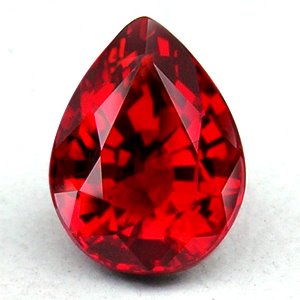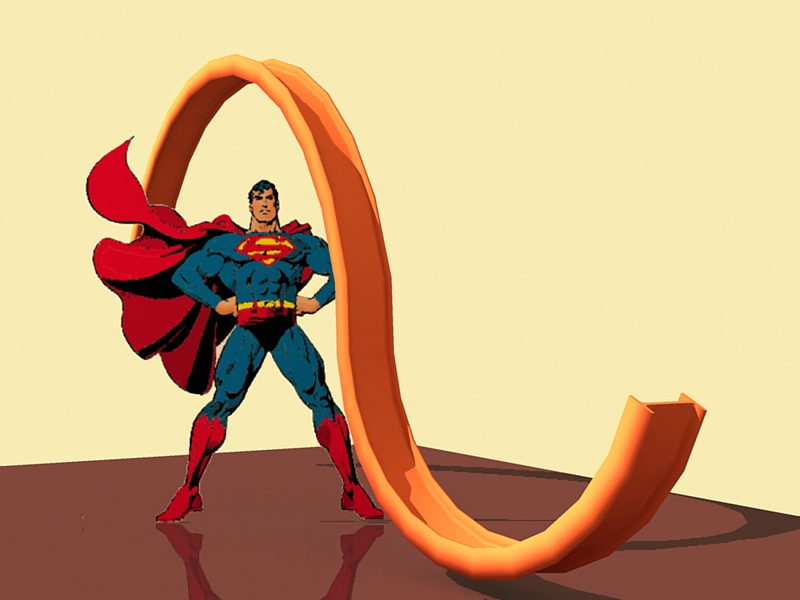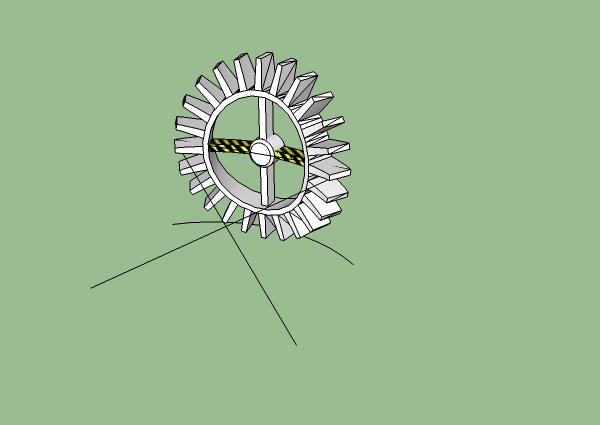[Plugin] Shape Bender Beta
-
Fantastic script Chris. Thanks.
-
Let's make tests... Thanks a lot Chris

MALAISE
-
they should give out awards for those rubie developers...
like the oscar rubie awards for each year !!! well done!!
-
Thanks Jeff. That'll work just fine.
-
AWESOME
Thanks you Chris!!! -
Thanks so much for all the effort and time invested into this amazing ruby, Chris.
This will save me so much time and actually raise up my level of modeling, so I am indebted.I second the ruby Oscar awards idea!
Cheers,
Nigel
-
Chris, Ive run into trouble at my first try to bend something. I have this vertical X shaped lattice of triangular beams. I am not able to bend it in no way

It was composed of a group with subgroups inside. I exploded everything inside, so its just meshes inside a group. Still, it doesnt work

-
how about a sketchy..
http://en.wordpress.com/tag/sketchy-winner/ -
@aceshigh said:
Chris, Ive run into trouble at my first try to bend something. I have this vertical X shaped lattice of triangular beams. I am not able to bend it in no way

It was composed of a group with subgroups inside. I exploded everything inside, so its just meshes inside a group. Still, it doesnt work

Explode all of the sub-groups etc and finally the main group. Its contents remain highlighted - immediately regroup these - it should work now...
-
I concur . .. however the term "Oscar" is copywrighted either by those people that make the movie awards or by the people that make the hot dogs and baloney (which are probably the same people)
so We need to come up with a different award name. . ..how about. .
oh I dunno. .. .
THE RUBY!!!

-
Yup . ..this is a much easier way to bend steel.

-
Chris AWESOME script and thank you for the videos! Watching someone work with the ruby really helps me to understand how to use it and where it will apply to my needs. Great job and thank you again!
-
very cool thank you

-
@unknownuser said:
Yup . ..this is a much easier way to bend steel.
But the model you pasted can also be created easily without shape bender.
-
Very true, But not as fun.
-
All right, thanks for the comments so far! I've got lots to think about. That bug where it smooths the end faces if your shape lines ep exactly with the line......I'll have to think about that. Its sort of done on purpose, but that is an exception where it is not desireable. I'll see if I can think of a way for it to be smarter.
I'm working on groups and components as we speak. That is my #1 frustration with the script is that it explodes everything and it won't take components. I'd like to get that fixed and updated tonight. We'll see
 Thanks everyone, seriously!
Thanks everyone, seriously!Chris
-
Great!! 2 things: 1, why do a few random lines appear when I use it?

also, sketchup said that there were problems, and when I agreed to let it fix them, this was the message:Results of Validity Check. CLoop (39755) for CFace (39754) has zero area Loop 0 of CFace (39754) is an invalid outer loop Entity CFace (39754) should be erased - done CLoop (39760) for CFace (39759) has zero area Loop 0 of CFace (39759) is an invalid outer loop Entity CFace (39759) should be erased - done CLoop (40274) for CFace (40273) has zero area Loop 0 of CFace (40273) is an invalid outer loop Entity CFace (40273) should be erased - done CLoop (40279) for CFace (40278) has zero area Loop 0 of CFace (40278) is an invalid outer loop Entity CFace (40278) should be erased - done CLoop (43115) for CFace (43114) has zero area Loop 0 of CFace (43114) is an invalid outer loop Entity CFace (43114) should be erased - done CLoop (43500) for CFace (43499) has zero area Loop 0 of CFace (43499) is an invalid outer loop Entity CFace (43499) should be erased - done -
Hmmm, very interesting.
Well, the lines appear because a face is being bent in a way that it is not able to do, so SketchUp steps in and adds the extra lines so that it can bend as needed. I'd be interested if anyone out there has a method for determining what faces are going to need that extra geometry so I can add the lines myself beforehand.
The invalid geometry actually probably has a lot to do with problem above. Invalid geometry can be fixed automatically, the worst that can happen is that it will delete a few bad faces. Ok, thats not really ideal. So hopefully I'll get it fixed

On a happier note, I got the script to work with groups and components. I've got a few other things I want to try to implement tonight before I post the update though. So far so good.
Chris
-
And up arrow isn't toggling orientation.
-
@unknownuser said:
And up arrow isn't toggling orientation.
Really? Thats too bad. If the model is complex, it will take a second or two to "toggle". Its not necessarily immediate. It might need to think about it for a bit.
So if you've waited patiently and its still not working, that is no good. Could you open the Ruby Console and see if it gives any errors when you press the up arrow key?
Chris
Advertisement








